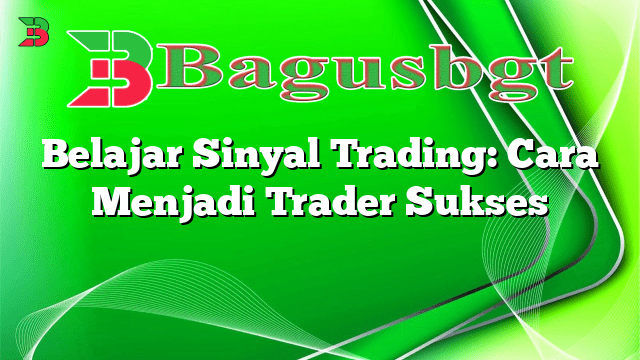Hello and welcome to our comprehensive guide on forex trading for beginners. In this article, we will provide you with a detailed explanation of what forex trading is, its advantages and disadvantages, as well as alternative options for beginners. Whether you are new to trading or looking to expand your knowledge, this guide will equip you with the necessary information to navigate the exciting world of forex trading.
1. Understanding Forex Trading
Forex trading, also known as foreign exchange trading, is the process of buying and selling currencies in the global market. Traders aim to profit from the fluctuations in exchange rates between different currencies. Unlike other financial markets, the forex market operates 24 hours a day, five days a week, allowing traders to participate at their convenience.
2. Advantages of Forex Trading
Forex trading offers several advantages for beginners:
| Advantages | Explanation |
|---|---|
| Liquidity | The forex market is the largest and most liquid market in the world, ensuring ease of buying and selling currencies. |
| Accessibility | With online trading platforms, forex trading is accessible to anyone with an internet connection. |
| Flexibility | Forex trading allows traders to choose their own trading hours, making it suitable for individuals with different schedules. |
| Potential for Profits | The forex market offers opportunities for significant profits due to its high volatility. |
3. Disadvantages of Forex Trading
While forex trading has its advantages, it also comes with certain disadvantages:
| Disadvantages | Explanation |
|---|---|
| Risk of Losses | Trading in the forex market involves the risk of substantial financial losses, especially for inexperienced traders. |
| Complexity | Forex trading requires a good understanding of economic factors, technical analysis, and risk management strategies. |
| Emotional Challenges | The volatile nature of the forex market can lead to emotional decision-making, which may result in poor trading outcomes. |
4. Alternative Options for Beginners
If forex trading seems too complex or risky for you, there are alternative investment options to consider:
1. Stock Market: Investing in stocks allows you to become a shareholder in a company and participate in its growth.
2. Cryptocurrencies: Trading cryptocurrencies like Bitcoin can be a high-risk, high-reward alternative to forex trading.
3. Commodities: Trading commodities such as gold, oil, or agricultural products can provide diversification and stability to your investment portfolio.
5. Frequently Asked Questions (FAQ)
Q: Can I start forex trading with a small amount of money?
A: Yes, many brokers offer the option to open a trading account with a small deposit. However, it is important to manage your risk and only trade with money you can afford to lose.
Q: Do I need a background in finance to start forex trading?
A: While a background in finance can be helpful, it is not a requirement. With proper education and practice, anyone can learn to trade forex.
Q: Are there any fees associated with forex trading?
A: Yes, forex trading may involve fees such as spreads, commissions, or overnight financing charges. It is crucial to understand the fee structure of your chosen broker.
Conclusion
In conclusion, forex trading provides an opportunity for beginners to participate in the global currency market and potentially generate profits. However, it is important to acknowledge the risks involved and develop a solid understanding of the market before diving in. Whether you choose forex trading or explore alternative options, always remember to educate yourself, manage your risk, and trade responsibly.
 Bagus Banget Kumpulan Informasi terbaru dari berbagai sumber yang terpercaya
Bagus Banget Kumpulan Informasi terbaru dari berbagai sumber yang terpercaya




